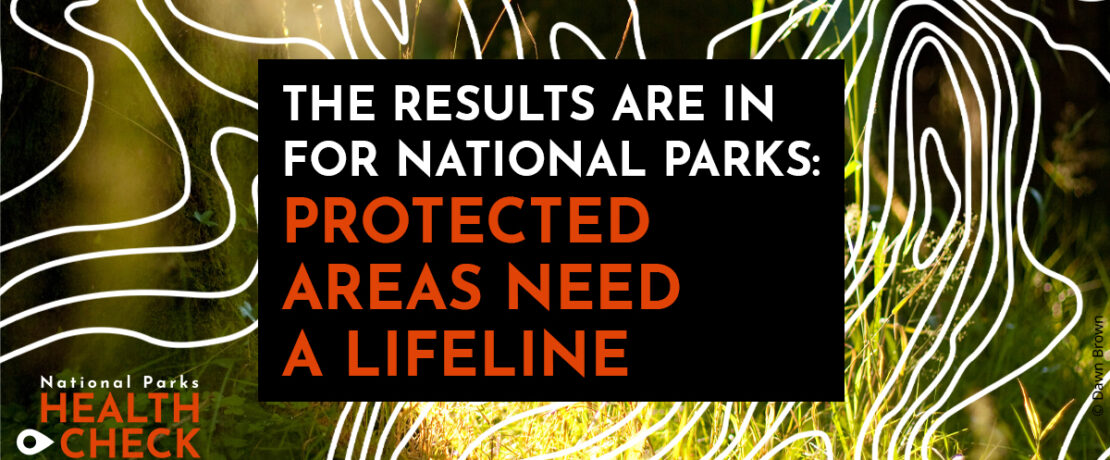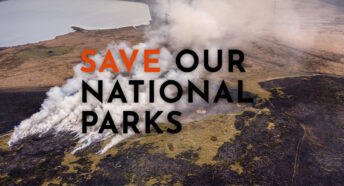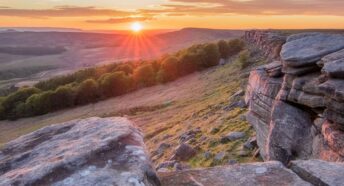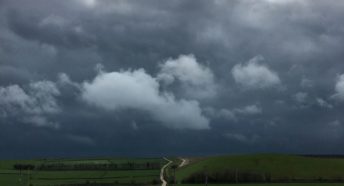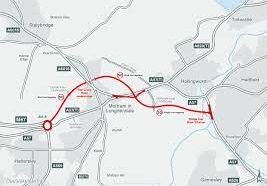Health check reveals nature needs a lifeline
Campaign for National Parks has carried out a health check of nature recovery in National Parks and made some worrying discoveries.
This year sees the 75th anniversary of the National Parks and Access to the Countryside Act. These iconic landscapes contain a vast array of precious habitats and wildlife, and should, in theory, be the most highly protected and healthy parts of the UK’s natural environment. But Campaign for National Parks’ health check has discovered that nature is struggling for survival across a range of issues, including habitats, species, water quality and wildlife crime. Read the full report from Campaign for National Parks.
Key findings
- Only 6% of all land in National Parks is currently managed effectively for nature.
- Only a quarter of Sites of Specific Scientific Interest (SSSIs) in National Parks in England are in a favourable state for nature
- In 2022 the amount of sewage released from storm overflows within the boundaries of National Parks in England and Wales totalled 7,367 days
- National Parks contain 38% of the total carbon-storing peatland in England and Wales, but between 70% to 80% of that is likely to be in poor condition.
This poor state of nature is due to a lack of resources, a lack of data and a lack of significant powers to make the systemic change needed. That’s why Campaign for National Parks and CPRE Peak District and South Yorkshire in our capacity as Friends of the Peak District are calling for urgent action to halt and reverse these declines so National Parks can properly contribute to the UK’s efforts in tackling the nature and climate crisis.
- Only 6% of all land in National Parks is currently managed effectively for nature (based on the % of SSSI sites known to be in favourable condition).
- In England, only around a quarter of SSSIs in National Parks are in favourable condition, compared to an average of 38% across all the SSSIs nationally. In Wales, around 23% of SSSI features in National Parks are in favourable condition (slightly better than those outside at 19%).
- In 2022 the amount of sewage released from storm overflows within the boundaries of National Parks in England and Wales totalled 176,818 hours, or 7,367 days
- In England, our analysis found that in 2022, 39% of rivers and 15% of lakes within National Parks achieved good ecological status or higher (compared to all country figures of 14% for rivers and 14% lakes.
- The Yorkshire Dales (4.2%) has less woodland coverage than York (4.88%), The Peak District (8.6%) has less woodland coverage than Sheffield (13.22%), Pembrokeshire Coast (8.8%) has less woodland coverage than Cardiff.
- National Parks contain 38% of the total carbon-storing peatland in England and Wales, but between 70% to 80% of that is likely to be in poor condition.
- Peatlands in the National Parks of England and Wales are capable of storing over 80 million tonnes of carbon.
Ruth Bradshaw (Policy and Research Manager, Campaign for National Parks, and author of the Health Check):
“Our National Parks are special places which are often the last refuge for many species on the brink of extinction, but our Health Check has found that, even in these incredible places, nature is in crisis. The main causes of this crisis are the limited ability to influence what happens on most land in National Parks, particularly where it is privately owned, outdated legislation designed for a very different era, and the fact that the funding available just doesn’t match the national role that National Parks are expected to deliver for nature recovery.
It was far harder than it should have been for us to gather the evidence needed to understand the state of nature in National Parks, something which could be put right very easily, and which should be addressed as a matter of urgency. The scale of the challenges we’ve identified also demands a series of major reforms aimed at transforming the way these areas are run to ensure that there is much greater emphasis on nature recovery in all the decision-making relating to them.”
